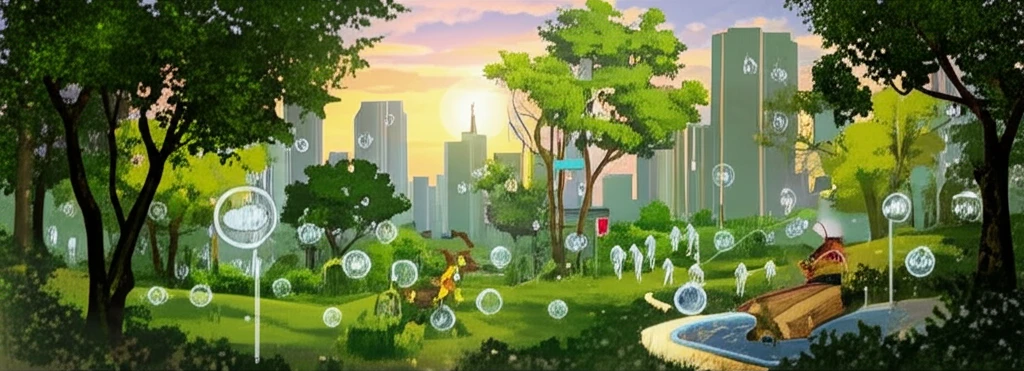
Urban Sprawl SOS: How Innovative Solutions Can Save Our Cities
"Discover how groundbreaking ideas are reshaping urban planning, promoting sustainability, and combating inequality in rapidly growing cities."
For centuries, the relentless march of progress has been shadowed by a persistent paradox: the co-existence of advancement and poverty. Economist Henry George highlighted this 'great enigma' long ago. Today, the severe consequences of unchecked industrial growth on our planet’s ecosystems and climate intensify the urgency to reimagine our economic and innovation paradigms.
This recognition has sparked a crucial shift in innovation policy, aiming to integrate environmental and social justice. This evolution acknowledges the vital role of marginalized communities, not just as beneficiaries but as active participants in the innovation process. This approach seeks to harness their unique insights and needs, fostering solutions that are both effective and equitable.
The concept of 'social innovation' is driving transformative change, addressing shared human needs and resolving societal challenges through innovative solutions. This involves systemic changes that require novel approaches to knowing, thinking, doing, and being, dismantling structures of social injustice while restoring the relationship between society and ecological systems. Such changes demand active challenges to existing innovation trajectories, promoting greater diversity and ensuring equitable distribution of benefits.
Peri-Urban Areas: A Breeding Ground for Sustainable Innovation

Urbanization, while a catalyst for growth and innovation, is deeply entangled with environmental degradation and poverty. This is particularly evident in peri-urban areas, the transitional zones between city and countryside, where the juxtaposition of urban and rural activities often exacerbates inequalities and environmental issues. Rapid urbanization in these areas can create a cycle of exclusionary practices, driven by neoliberal restructuring that co-opts environmental agendas for the benefit of powerful urban elites.
- Neoliberal Restructuring: This often leads to increased land prices and competition for resources, creating uncertainty for peri-urban livelihoods.
- Blurred Boundaries: Traditional institutions weaken, leading to administrative ambiguity and legal pluralism, which can result in both constraints and opportunities.
- Changing Socio-Technical-Ecological Dynamics: Complex interactions between human and natural systems create unintended consequences, affecting environmental and human health.
The Path Forward: Fostering Inclusive and Sustainable Urban Development
Transitional peri-urban spaces present both significant challenges and unique opportunities for building synergies across the urban-rural continuum. Innovation in this context requires a shift in focus from traditional innovation systems to the mobilization of resources, imaginations, and practices by alliances working toward social goals. This means recognizing the inequalities in power and knowledge, and actively rebalancing these dynamics to ensure inclusive and equitable participation in shaping the future of our cities. By focusing on these critical areas, we can pave the way for urban development that is not only sustainable but also just and inclusive, benefiting all members of society.
